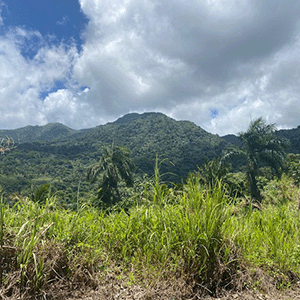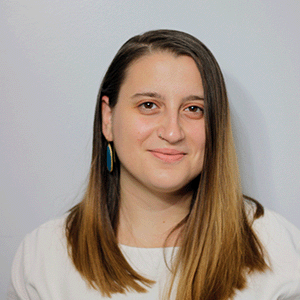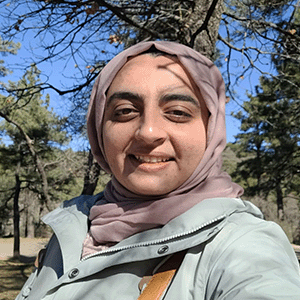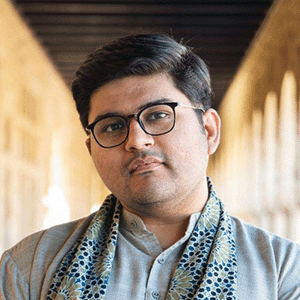Care and Crisis: Imaginations of the Unincorporated in Puerto Rico
This project explores imaginaries of care and identity in Puerto Rico through a simultaneous attention to movements for Puerto Rican independence and social work spaces. It explores how care takes on new meanings as politicians, individuals, and organizers deploy it to different ends in their imaginings of the Puerto Rico to come and the kind of belonging the island will occupy. Therefore, this project will explore the dynamic relationship between belonging and breakdown – how interventions of care are used as acts of self-fashioning, particularly as indications of the “good” state in the formation of a new national body (whether more deeply embedded in, or independent from, the US).
Further, in engaging the discipline of social work, this study will examine how the hopes and failures of community are imagined and enacted within the clinical space. Whether through psychological intervention, public advocacy, or support services, the role of the social worker is often positioned to lessen the burden of breakdown by shoring up community connectedness – to create a social strong enough to accommodate institutional failure. Through ethnographic work which places these stories in conversation, I am interested in how community is built and seen to fail, and thus how relation is imagined in the wake of historic and continued inequity on the island.




